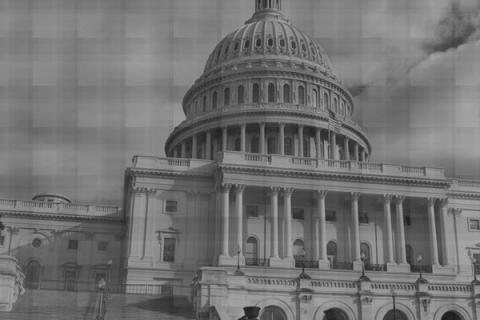
A Pew poll released Monday found widespread opposition to the Obama administration’s decision to arm rebels in Syria. The least supportive group is Democrats; but even then, only 25% approve of giving military aid to Assad’s rivals. Republicans, as should be expected, loathe the Obama administration’s plan, despite one-time GOP nominee John McCain’s calls for intervention…months ago.
What should concern the Obama administration, less than eighteen months away from mid-term elections, is the independents’ opinion of the Syria policy. In the Pew poll, independents disapproved of the plan more than either party. Only 18% favor the rebel-arming program, with 74% in disagreement! Those are numbers that should draw the attention of the White House.
Typically, foreign policy has been a strong area for the Obama administration, as far as politics is concerned. A June 11-13 CNN/ORC poll showed that the president’s approval numbers in foreign policy among Democrats and Republicans were higher than his overall approval ratings with the two respective groups.
Independents, however, are less than impressed. Only 37% of them approve of the president’s overall performance; 36% approve of his foreign policy record. The decision to supply military aid to Syrian rebels will make the bad numbers among independents even worse, because the CNN/ORC poll was drawn up before respondents could react to the plan.
Another key factor in the independents’ perspective on Syria is how they view the role of the United States in preventing global conflict. According to the Pew poll, independents are least likely to believe that America has a moral obligation to stop violence.
Sixty-nine percent of independents also believe that the United States is militarily over-committed as is. And, more than Republicans or Democrats, independents are extremely pessimistic about the merits of the Syrian opposition. Two-thirds believe that the rebels may be no better than Assad!
People who support America’s new role in the Syrian conflict disagree with the notion, widely held among independents, that the rebels aren’t much of an improvement over Assad. Adam Entous and Julian Barnes of The Wall Street Journal reported the following on June 14:
“Administration officials who favored providing arms said the White House believes it has a clearer picture today of the opposition and confidence that sufficient safeguards can be put in place to prevent U.S. weapons from reaching Islamist fighters aligned with al Qaeda.”
Based on the independent sentiment, courtesy of Pew, the Obama administration will have a hard time convincing opponents of the aid program on two key points: that the intervention is even justified to begin with, and that the intervention will be conducted effectively.
Despite the recent UN Human Rights Office report, which estimated 93,000 deaths in Syria since the beginning of the conflict in March 2011, the support for U.S. intervention is dim, and the prospects of a successful intervention are even dimmer. The violence in Syria is rapidly rising (over 27,000 fatalities have occurred in just six months), but is it enough to change public sentiment? Perhaps a more Machiavellian question: does the American public care enough about the Syrian conflict to reward or punish the Obama administration for its military assistance to the rebels?
